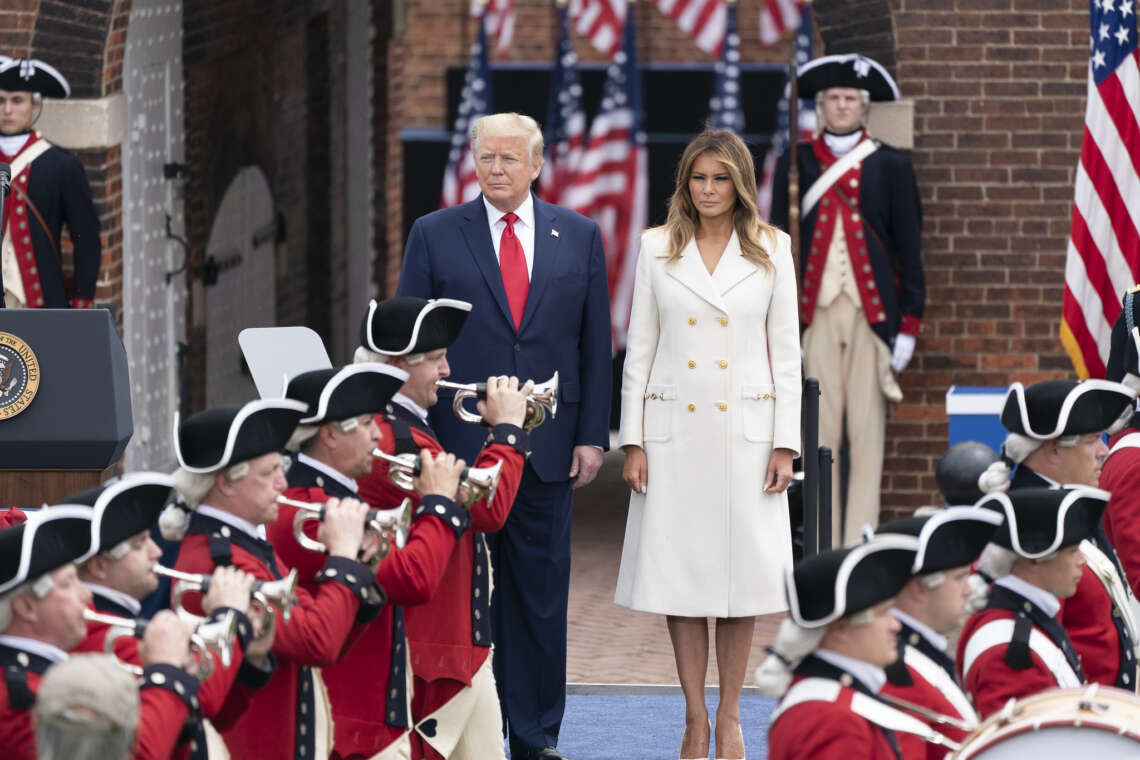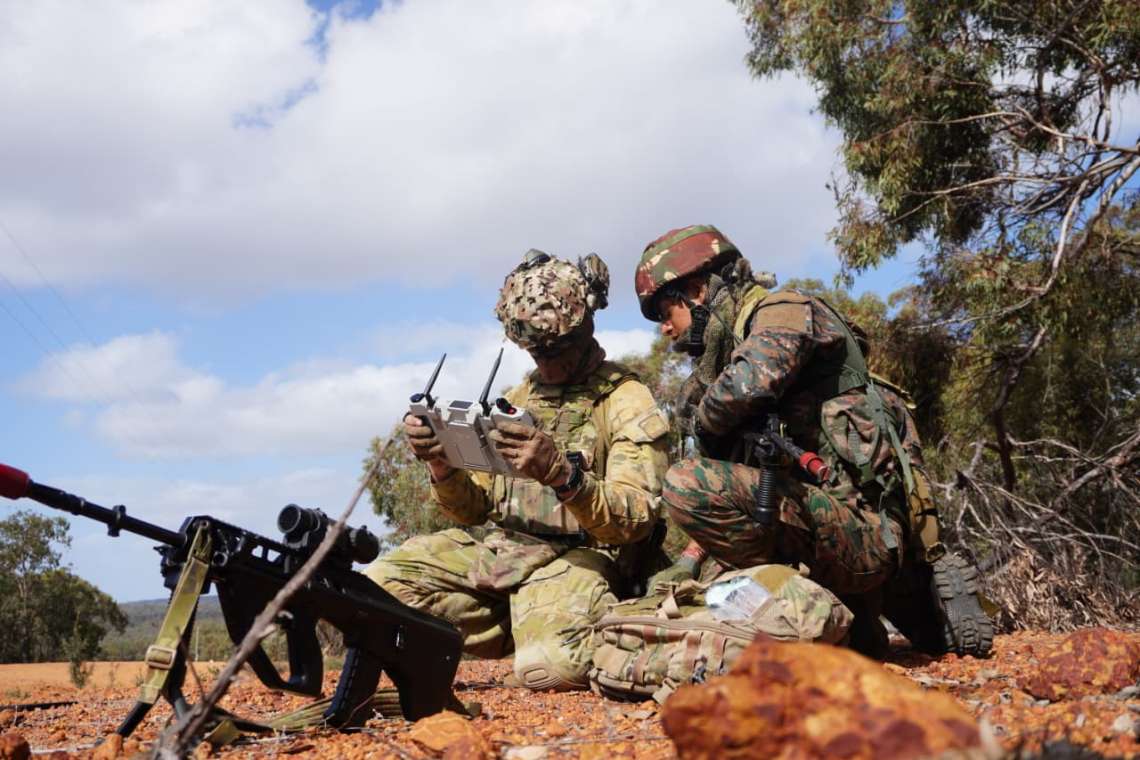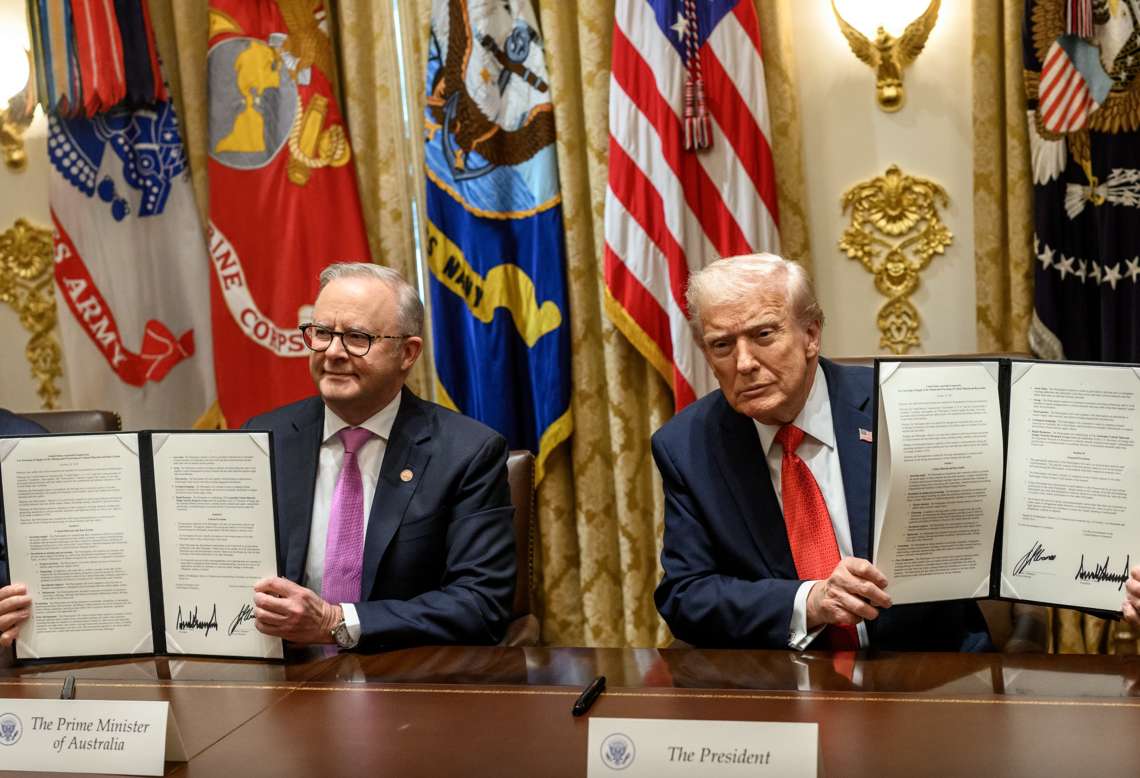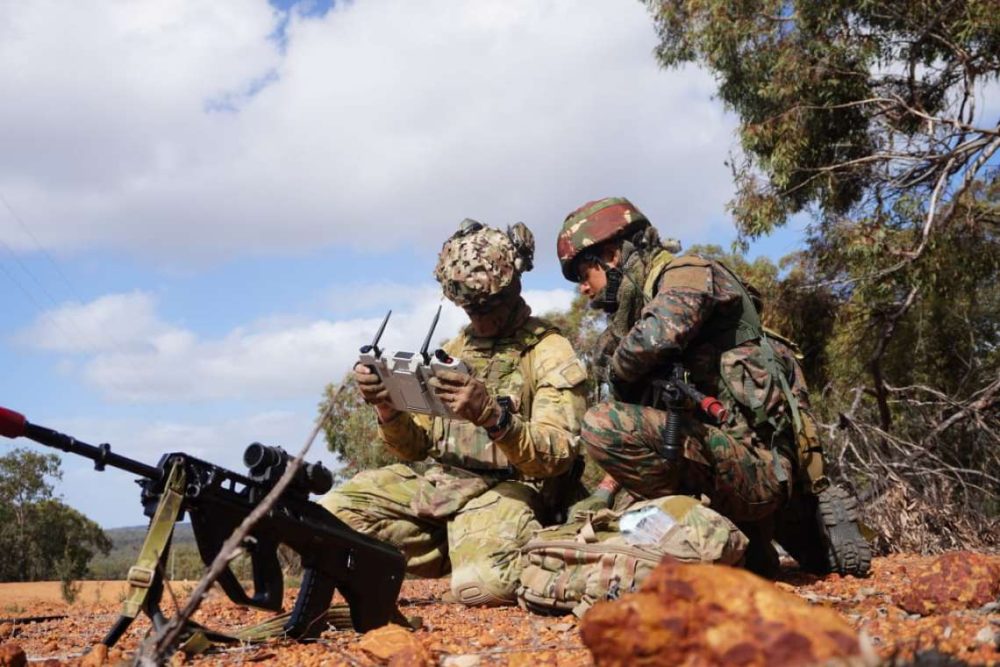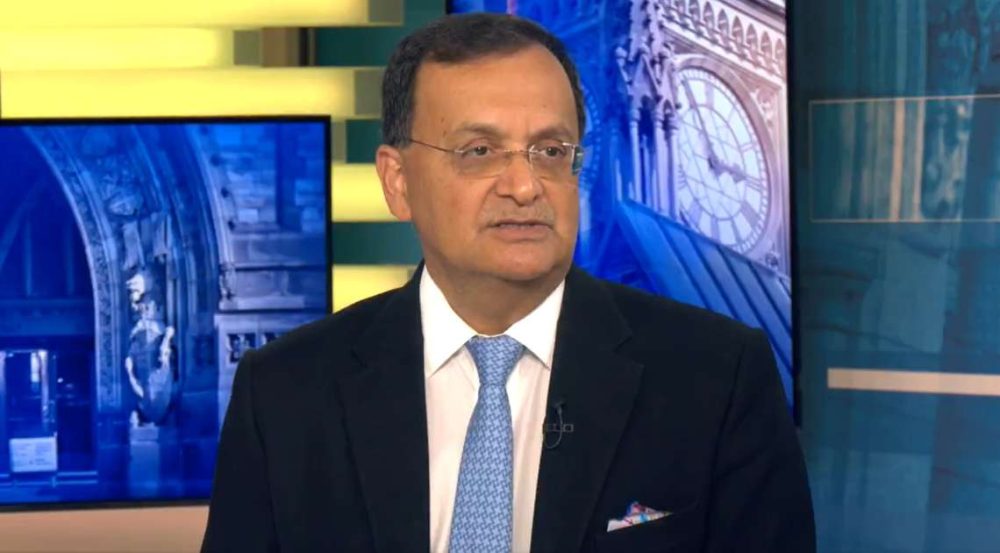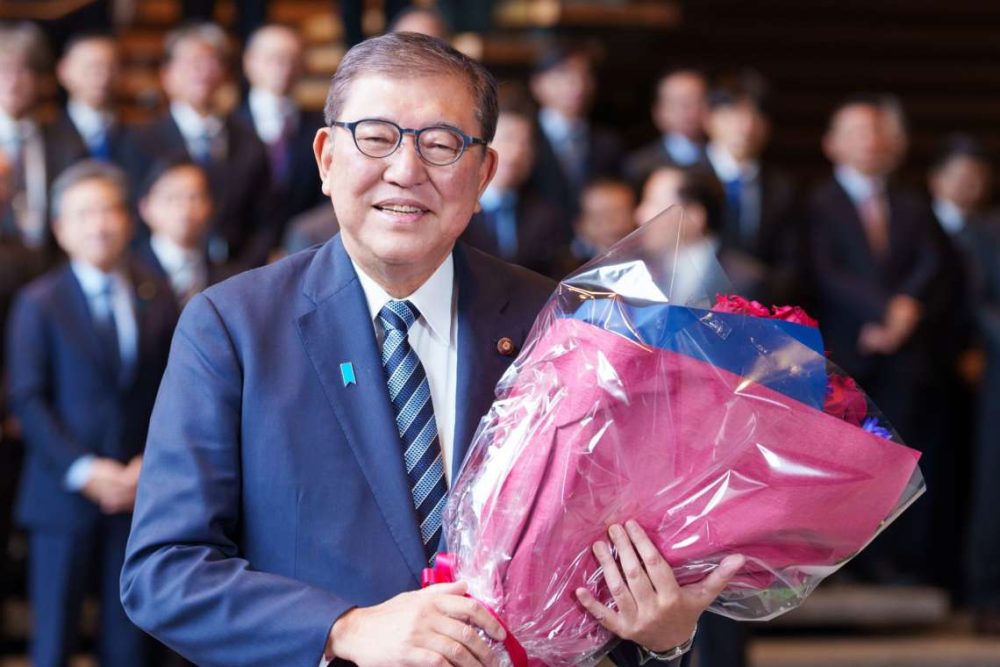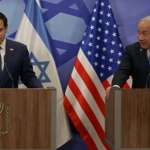The cessation of hostilities Trump referred to followed heightened tensions after Operation Sindoor, launched by India in the early hours of May 7
US President Donald Trump has once again taken credit for the understanding reached between India and Pakistan on the cessation of hositilities. Speaking to Fox News’s Bret Baier the US President claimed that he had used trade as a tool to make peace between India and Pakistan as the nuclear powered neighbours were on the brink of the conflict that was poised to become much more dangerous.
Baier questioned Trump asked about his “foreign policy successes” saying, “You had a couple of foreign policy successes even right before this trip. You picked up the phone and called two nuclear powers, India and Pakistan, and you got them to step back from the brink. That was a success as you got on the plane heading over here.”
To this Trump called the cessation of hostilities between India and Pakistan to be, “A bigger success than I’ll ever be given credit for.”
He elaborated, “Those are major nuclear powers… and they were angry. The next phase was probably tit for tat. It was getting deeper and more missiles. Everyone was stronger, to a point where the next one was going to be the N-word (Nuclear)”.
Speaking about a potential nuclear conflict between the neighbours, Trump said, “It’s the N-word. That’s a very nasty word in a lot of ways. The N-word used in a nuclear sense, that’s the worst thing that can happen, and I think they were very close. The hatred was great. I said, we’re going to talk about trade. We’re going to do a lot of trade… I’m using trade to settle scores and to make peace.”, he told Baier.
The cessation of hostilities Trump referred to followed heightened tensions after Operation Sindoor, launched by India in the early hours of May 7. The operation targeted nine terror sites in Pakistan and Pakistan-occupied Jammu and Kashmir (PoJK), in retaliation for the May 5 terror attack in Pahalgam. India and Pakistan reached an understanding on the cessation of hostilities on May 10.
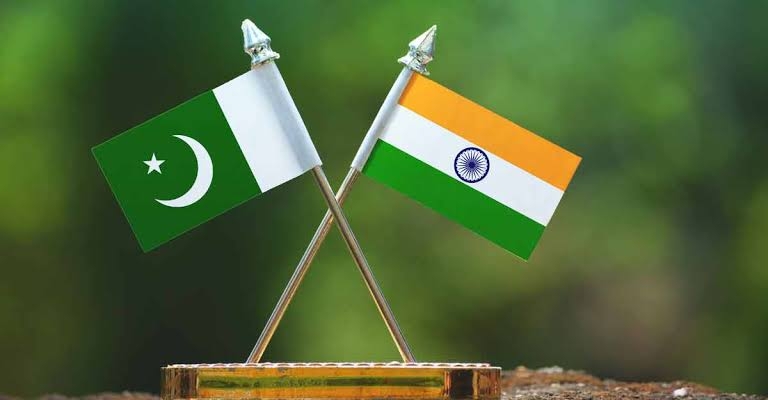
Trump had already welcomed the cessation of hostilities between India and Pakistan, saying that millions of people could have died if the peace had not been worked out. The US President was making a reference to a potential nuclear fallout between the two nations.
Noting that many countries, including Western governments and Russia, talked about the need to combat terrorism in the wake of Pahalgam terror attack and statements of sympathy with India were genuine, a leading London-based security expert has said the successive US governments have been seeking to cultivate India as an important partner in the Indo-Pacific in part as a counterweight to China and conflict in the region is not in American interest.
In an interview with ANI, Dr Walter Ladwig, Senior Lecturer of International Relations at King’s College London, said India’s growth is soaring, growing at nearly seven per cent a year and the country needs to grow faster to meet all of the development targets.
“When it comes to India, we have successive US administrations going all the way back to George W. Bush that have been seeking to cultivate India as an important partner in the Indo-Pacific, in part as a counterweight to China… It’s not in the American interest for there to be a conflict between India and Pakistan insofar as that distracts india’s attention away from bigger picture issues in Asia,” he said.
“India’s growth is soaring, growing at an impressive just under seven per cent a year, but needs to grow faster to meet all of the development targets. All of those things will be put at risk by a protracted conflict or stalemate with Pakistan, so that’s clearly not in America’s interest,” he added.
He said India and Pakistan had reached an understanding for stopping military action and firing and it was “a lot about the desires of the two parties involved” and wasn’t “brought about by pressure or mediation” in the way US President Donald Trump has described.
India carried out precision strikes through Operation Sindoor early on May 7 on terror infrastructure in Pakistan and PoJK in response to the Pahalgam terror attack. India also effectively responded to subsequent Pakistani aggression and pounded its airbases.


